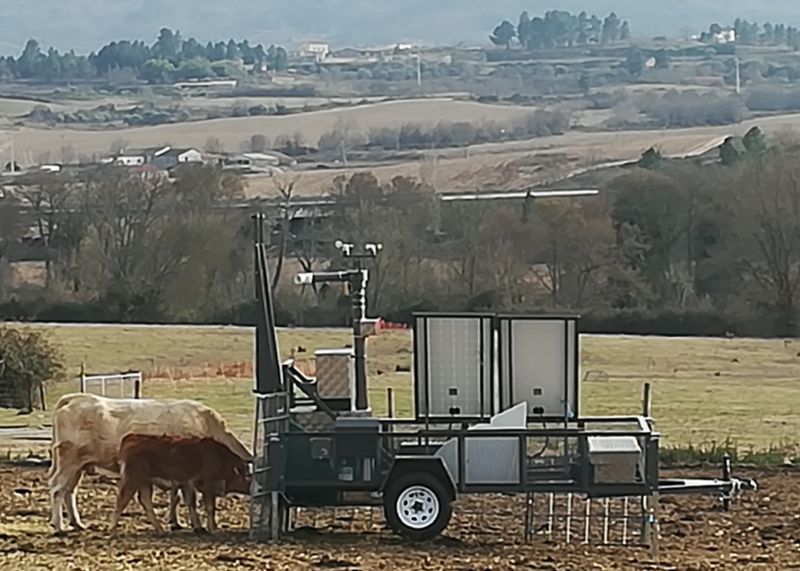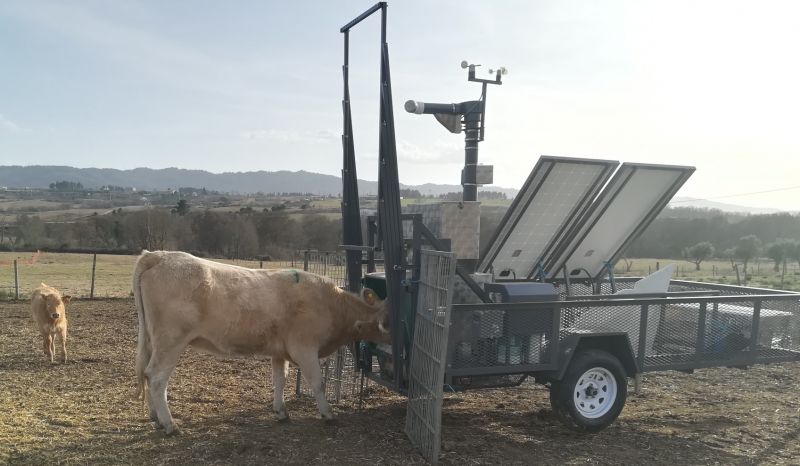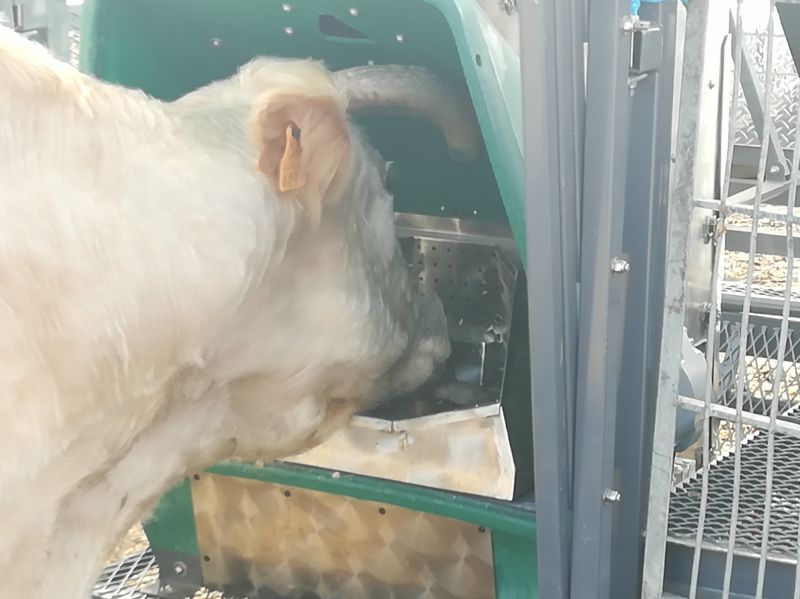GreenBeef
The GreenBeef project aims to reduce the carbon footprint associated with beef consumption in Portugal. Through empirical experimentation and calibration of models for soils, pastures and animals, it is expected to maximise carbon sequestration and minimise greenhouse gas emissions, promoting the commercialisation of carbon-neutral Angus beef.
Beef production in Portugal faces a double challenge, which is also a double opportunity: i) Portugal imports approximately 50% of its beef consumption; ii) beef production is often pinpointed as one of the main sources of greenhouse gas (GHG) emissions, and therefore contributes to climate change. Any company capable of launching zero-emission beef in the market will thus benefit from wide consumer acceptance, be fit for the change in regulations and contribute to decrease the current trade imbalance in this sector.
The GreenBeef project develops the R&D required for this groundbreaking development of zero-emission beef by addressing the two stages of beef production: 1) grazing by cows and calves prior to weaning, addressed through the optimization of sown biodiverse pastures (SBP) for carbon sequestration; 2) fattening of young bulls and heifers in confinement, addressed by developing methane-reducing diets based on local plants and algae, with potential co-benefits regarding meat quality.
This project involves a solid consortium led by Terraprima - Serviços Ambientais, a company responsible for the installation of 50,000 ha of SBP in a project considered, in 2013, as the best climate solution by the European Commission. Terraprima is an expert on the combination of process and data-based modelling with sustainability evaluation. The other partners are Best-Farmer (member of one of the largest retail groups in Portugal), Terraprima - Sociedade Agrícola (manager of the farm where most experimentation will take place), the Faculty of Agronomy of the University of Lisbon (ISA) and the Faculty of Veterinary Medicine of the University of Lisbon (FMV), both with solid and cutting-edge knowledge in greenhouse gas measurement, animal nutrition and meat quality.
Project designation
- GreenBeef - Towards carbon neutral Angus beef production in Portugal
Project number
- 047050
Operation code
-
POCI-01-0247-FEDER-047050 / LISBOA-01-0247-FEDER-047050
Main objective
- Strengthening research, technological development and innovation
Intervention Region
- 18,35% North region of Portugal
- 34,28% Lisbon region of Portugal
- 47,37% Alentejo region of Portugal
Beneficiary entities
- Terraprima – Serviços Ambientais, Sociedade Unipessoal, Lda. (Leader)
- Terraprima – Sociedade Agrícola, Lda.
- Best Farmer – Actividades Agro-Pecuárias, S.A.
- FMV – Faculdade de Medicina Veterinária
- ISA – Instituto Superior de Agronomia
Approval date
- 30-03-2021
Beginning date
- 01-07-2020
Ending date
- 30-06-2023
Total eligible cost
- 1.465.770,38 €
Financial Support from the European Union
- FEDER – 945.883,53 €
2. To build the capacity of the beef production sector to meet the challenge of carbon neutrality by 2050 :
- best practice in beef production;
- adaptation to climate change;
- emissions mitigation;
- Decarbonisation of agriculture;
- implementation of the circular economy concept.








